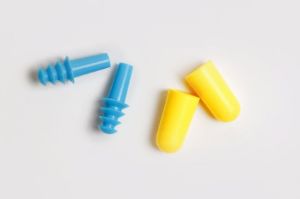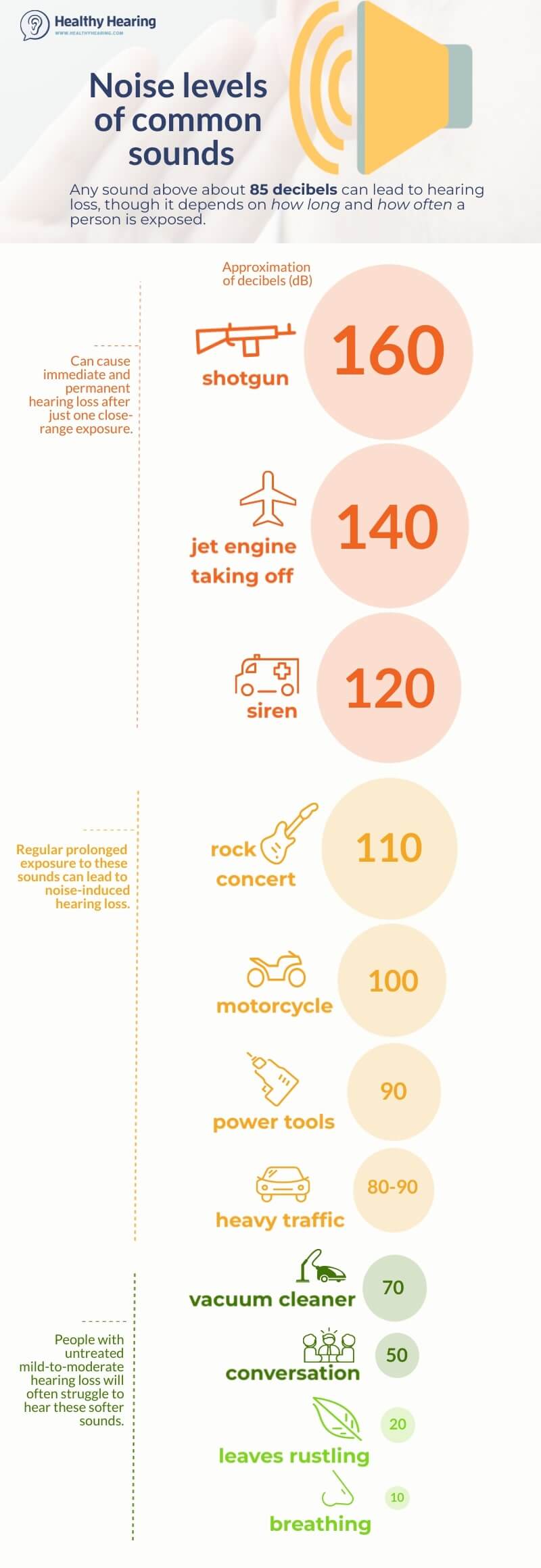|
www.HealthyHearing.com |
Fireworks and hearing loss: How to stay safe
Contributed by Joy Victory, managing editor, Healthy Hearing Key points:
Fireworks, even simple sparklers, are well-known among emergency physicians as a major cause of painful injuries and burns to the hands, arms and face. And whether you are watching a professional show or have purchased your own fireworks, hearing loss is also a real risk. This kind of hearing is permanent, known as noise-induced hearing loss. 4 ways to protect your hearing from fireworks1. Skip the home displaysWhile it's an American tradition to go out and buy fireworks to use at home, we strongly recommend skipping this risky activity. Thousands of children are injured each year from home fireworks, sometimes fatally. Why take the risk? Instead, attend your local community celebration. If you must simply explode things at home, follow best practices to limit the risk of injuries and destructive fires. 2. Keep a safe distance at professional showsFireworks create noise and a blast wave that can harm your hearing. One way to reduce the risk of damage is to maintain a safe distance from the display. The farther the better, but a minimum distance of around 500 feet will still give you a great view without the sound pressure that can damage the tiny hair cells in the inner ear. 3. Bring—and wear!—earplugs or earmuffs (or both)
permanent hearing loss from fireworks. These are especially important for kids. Inexpensive foam earplugs can be found in drugstores and pharmacies, and work well for adults; earmuffs (basically foam-filled cups that cover the ears) are better for small children because earplugs sometimes don’t fit and can be a choking hazard. 4. Never expose babies to fireworksInfants should not be exposed at all; an infant’s ear canal is much smaller than an older child's or an adult's, so the sound pressure entering the ear is greater. What might not sound that loud to an adult actually sounds up to 20 decibels louder to an infant. Keep your little ones at home. High-risk fireworks to avoidRockets, mines and any fireworks that have many blasts strung together tightly. These fireworks are created to make as much noise as possible. Quieter fireworks include fountains, wheels, falling leaves and comets. While not completely silent, they crackle and whistle instead of creating a loud, explosive boom. They'll keep your hearing safe and not annoy pets and neighbors (as much). Why are fireworks so loud?It all comes down to the chemical reaction that happens after the fuse is lit. The burning gunpowder releases hot gas that expands rapidly; when the gas expands to the point that it runs out of room within the firework, the resulting explosion causes a blast wave. The vibrations from that blast wave have the potential to cause permanent damage to the delicate hair cells of the inner ear. Yes, they're exciting, but the problem is the excitement is often measured by the “loudness factor." Volume is measured in decibels. For some people, the louder the better. How loud are fireworks?Loud explosions, including fireworks, have the potential to reach levels between 150 and 175 decibels at close range. This is extremely loud and can be very damaging to your hearing.
When it comes to fireworks, the World Health Organization recommends the maximum safe decibel level for adults is 140 decibels, and for children only 120 decibels. Fireworks often range right between a shotgun blast and a jet engine taking off:
Noise-induced hearing loss from fireworksExposure to noises such as loud fireworks can result in:
Protecting your hearing now will enable you to enjoy the sounds of the fireworks for years to come. If you think you have temporary hearing loss after attending a fireworks display, see a hearing care professional—you can find a clinic in our extensive consumer-reviewed directory. Joy Victory, managing editor, Healthy Hearing
|
Featured clinics near me
Earzlink Hearing Care - Reynoldsburg
7668 Slate Ridge Blvd
Reynoldsburg, OH 43068

Find a clinic
We have more hearing clinic reviews than any other site!



 Joy Victory has extensive experience editing consumer health information. Her training in particular has focused on how to best communicate evidence-based medical guidelines and clinical trial results to the public. She strives to make health content accurate, accessible and engaging to the public.
Joy Victory has extensive experience editing consumer health information. Her training in particular has focused on how to best communicate evidence-based medical guidelines and clinical trial results to the public. She strives to make health content accurate, accessible and engaging to the public.